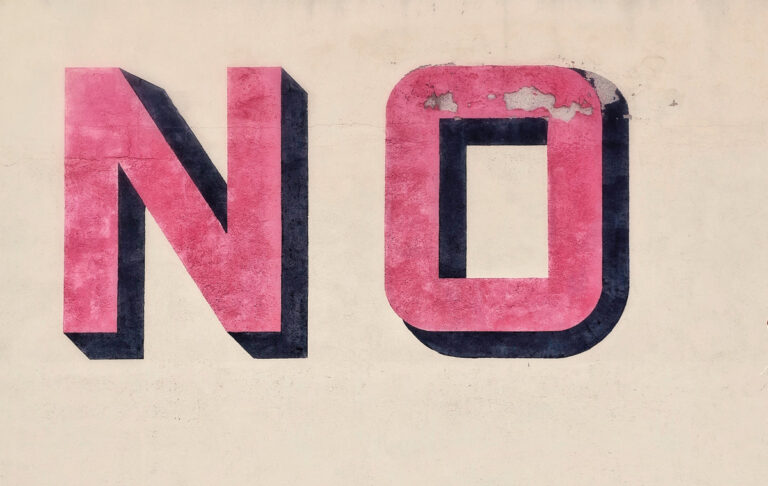Atlanta shootings were the culmination of racialised misogyny against Asian-American women

After eight people, six of them Asian women, were killed this week in shootings near Atlanta, a law enforcement official said that in the gunman’s own words, his actions were “not racially motivated,” but caused by “sexual addiction.” The official, Captain Jay Baker of the Sheriff’s Office in Cherokee County, where one of the three massage businesses targeted by the white man was located, added that the investigation was in its early stages. But the implication wasn’t lost on anyone: it had to be one motive or the other, not both.
Understandably, that insinuation was met with anger and incredulity by many Asian-American women, for whom racism and sexism have always been intertwined—racism often takes the form of unwanted sexual come-ons, while sexual harassment is often overtly racist. As for the rest of the world, this sad realisation comes shortly after reports of anti-Asian attacks surged after the Trump administration repeatedly emphasised China’s connection to the COVID-19 pandemic.
As reported by The New York Times, “there is evidence that most of the hate, unlike other types of bias crime, has been directed at women.” Captain Baker’s briefing on the attacks on Wednesday 17 March included an assertion that the accused gunman, who is white, had been having “a really bad day,” which many women took as yet another way of excusing violence against them. A really bad day, really?
His comments were widely criticised, and he was later found to have promoted sales of an anti-Asian t-shirt. Following the news, the Sheriff’s Office later said in a statement that the Captain’s remarks were “not intended to disrespect any of the victims” or to “express empathy or sympathy for the suspect.” Once again, the authorities seemed to completely miss the point.
Asian women, in general, have long been victims of misogyny as well as violence, by men of all races (including Asian men). Asian-American women, more specifically, have long been stereotyped as sexually submissive, portrayed in popular culture as exotic and manipulative or as inherently superior to other women in a way that completely erases their personality.
Our generation grew up watching Mean Girls, failing to even notice the blatant anti-Asian jokes and Tina Fey’s obvious disrespect towards the Asian community. In the US, men regularly approach Asian women with awful pick-up lines such as ‘Me so horny, I love you long time’ delivered in weird broken English.
Tina Fey also has a shitty track record when it comes to depicting Asian people, women in particular. Mean Girls, Sisters, 30 Rock — the underlying "joke" is that they're hyper-sexual, and looking for green cards/can't speak English.
— alex (@alex_abads) June 23, 2020
Sung Yeon Choimorrow, the executive director of the National Asian Pacific American Women’s Forum (NAPAWF), said that when she first came to the US to attend college in 2000, she was “stunned, dumbfounded, horrified” by the way she was frequently approached by male strangers who professed to love Korean women.
The men, she said, ranged in age from the very young to the very old, and seemed never to understand that their attention was not flattering. “I’ve experienced racism. I’ve experienced sexism. But I never experienced the two like that as I have when I came to the US.”
Keeping this in mind, that’s part of the reason many Asian-American women viewed this week’s shootings as the culmination of this racialised misogyny. Federal data suggest that across the country, the victims of most violent hate crimes are men.
Yet, according to The New York Times, a recent analysis conducted by a group called Stop AAPI Hate, which collects reports of hate incidents against Asian-American and Pacific Islander communities, said that out of nearly 3,800 incidents recorded in 2020 and 2021, more than two-thirds of the reports came from women. This highlights the fact that crimes against Asian women are mostly unaccounted for.
For now, very little is known about the motives of the Atlanta gunman, but organisations that track hate crimes have paid increasing attention to misogyny as a “gateway drug” to other types of extremism, such as violent racism, in the wake of the slaughter of 10 people in Toronto in 2018 by an incel.
Meanwhile, the fetishisation of Asian women has a long history initially shaped by the US’ law and policy. The Page Act of 1875, which ostensibly banned the importation of women for prostitution, effectively prevented Chinese women from entering the country, while laws prohibiting mixed-race marriages left male Chinese immigrants perpetual bachelors.
Overseas, poverty and war gave rise to a prostitution industry that provided inexpensive sex to American servicemen in Korea, Thailand, the Philippines and Vietnam, compounding stereotypes of Asian women as exotic sex objects or manipulators trying to ‘entrap American husbands’.
Hate and violence against Asian-Americans, particularly Asian-American women, is nothing new. While investigators continue to assess whether the shootings were racially or sexually motivated, Asian-American women already have the answer. It’s both.





